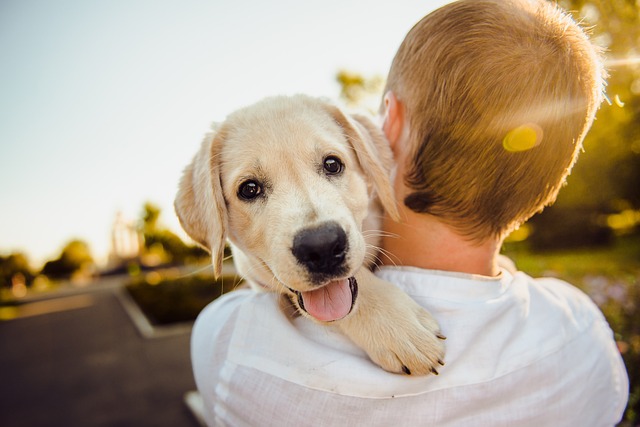Our pets are treasured family members and it’s difficult to contemplate what would happen if we predecease them. However, one of the best ways to care for your furry friends is to have a plan in place for their care after you pass away. Here’s what to consider.
Find the right caretaker
There may be people in your life who take care of your doggy or kitty when you’re on vacation. Have a conversation with one or two individuals you would trust to take on the care of your pet full-time. Ask if they can agree to step in and give your pet a home if you predecease them.
If there isn’t anyone to take on the role, investigate pet rescue options. There may be a rescue organization willing to care for your cat or dog. One advantage is that individuals involved in rescuing animals typically have the requisite expertise to properly care for your pet. And, this may be a better choice when you have the type of pet that lives a long time. Parrots, for example, can easily outlive their owners, so it’s all the more essential to have a solid plan for their ongoing care.
Consider your capacity to care for your pet
Another challenging problem is when you are no longer be able to meet the needs of your canine or feline companion. Hopefully, you and Smokey or Samson can gracefully grow into your senior years together. Of course, if you no longer have the energy to take your dog on long walks or romps in the park, you can always hire someone to do so.
The difficulty comes when your health declines to such an extent that you aren’t able to continue to meet your pet’s basic care requirements. Perhaps you are facing a diagnosis that requires hospitalization or you have to move into an assisted living facility that doesn’t allow pets. These situations require a backup plan, too.
Prepare for immediate care
One of the first things to think about is who will care for your pet immediately if your death is sudden. You may have named a caregiver in your will, but someone will need to step up while the will is going through the legal process. After you designate a willing individual, add this person’s phone number to your list of emergency contacts and make sure it’s accessible to first responders. It’s a good idea to have the information in your cell phone and posted visibly at your home on the fridge or somewhere else. A worthwhile strategy is to give a house key to a trusted neighbor and tell them who to call to take in your cat or dog in the event of an emergency.
Remember, whoever looks after your pet will need to know where you keep their food, what their feeding schedule is, and the name of your veterinary clinic. Is your cat or dog on any medication or supplements? Make sure to write all of this information down and explain ahead of time where it can be found in your residence.
Set up a pet trust
You can designate a sum of money in your will to be held in trust by a third party to be used for the care of your pet. It’s critical that you have a conversation with your trustee ahead of time to ensure that they fully understand their obligations and are able and willing to use the funds set aside for your pet’s ongoing needs. Having an alternate trustee can be beneficial in case the first person named is unable to continue for some reason. Discuss any income tax considerations with your lawyer and the appointed trustee before finalizing the plan.
Another option is designating a testamentary gift. This is somewhat different than a trust. It is an amount of money that is intended to compensate someone for caring for your pet after you die.
Arrange pet stewardship
Alternatively, you can bequeath your pet to an organization that looks after animals. For instance, it could be a humane society or a charity that rescues dogs or cats. Some rescue organizations have a mandate to take in a specific breed. Typically, you can leave an amount of money for the charity of your choice to defray the cost of caring for your pet until they can be placed in a new forever home. Take note that there may be fees associated with this option, and other funds you provide will be classified as a donation.
In closing
Planning for your pet’s care in the event that you predecease them will give you peace of mind.

